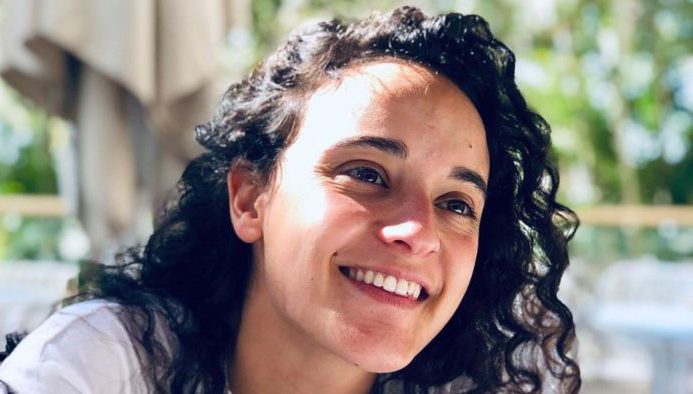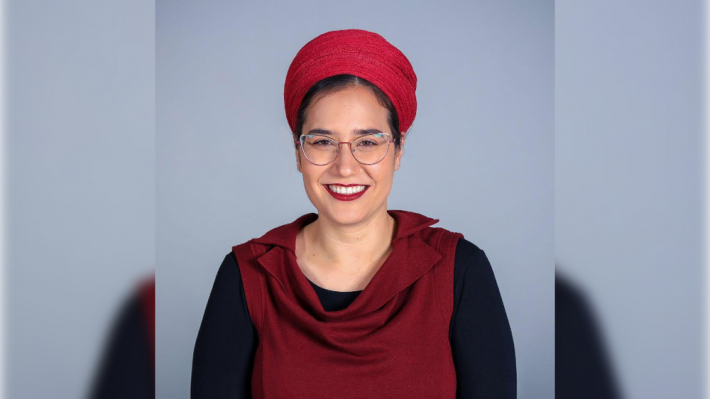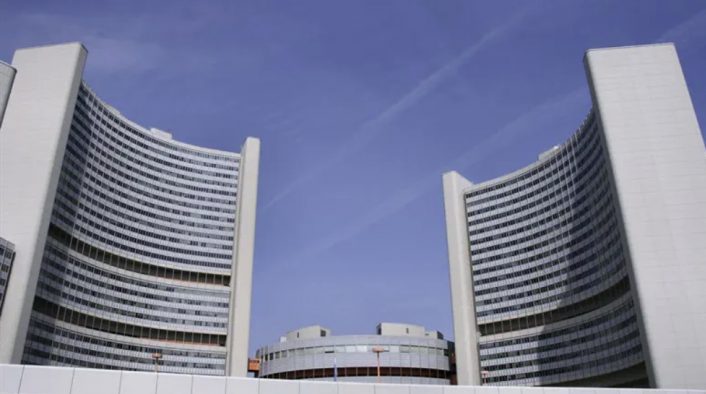Emily Damari, held captive for 471 days, blasts the Pulitzer Prize board for awarding journalist Mousab Abu Toha, accusing him of denying her abduction and the murder of Israeli hostages.
Released hostage Emily Damari has issued an appeal to members of the Pulitzer Prize committee, criticizing their decision to award the prize to Mosab Abu Toha, who denied that the Bibas family was murdered in captivity.
In a post, Damari recounts her abduction from Kibbutz Kfar Aza and the 471 days she spent in captivity.
“Imagine my shock and pain when I saw that you awarded the Pulitzer Prize to Abu Toha. This is the man who, in January, questioned the very fact of my captivity. He posted about me on Facebook and asked, ‘How can they call this woman a hostage?’ He denied the murder of the Bibas family. He cast doubt on whether Agam Berger was truly held captive. These are not word games, these are outright denials of documented atrocities.”
“You claim to honor journalism that upholds truth, democracy, and human dignity,” Damari continued, “and yet you chose to elevate a voice that denies the truth, erases the victims, and desecrates the memory of the murdered. Don’t you see what that means? Mosab Abu Toha is not a brave writer. He is the modern equivalent of a Holocaust denier. And in honoring him, you joined him in the shadow of denial. This is not a political issue. This is a matter of humanity. And today, you failed.”
In January, Abu Toha posted the message to which Damari refers, including a pre-captivity interview in which she discussed her military service near the Gaza-Israel border.
“This soldier, who was close to the border, in a city she and her country are occupying—is she really called a ‘hostage’?” he asked.
A month later, Mosab posted about the Bibas family, sharing a screenshot of a BBC report stating that Shiri Bibas and her children Ariel and Kfir were murdered by their captors. Abu Toha referred to the BBC as a “propaganda machine” and wrote: “If you didn’t see proof, why did you publish this?”





